Frederica Freyberg: Former DNR Secretary and current Executive Directorof the Wisconsin Wildlife Federation, George Meyer, doesn’t see much tolike in the Governor’s budget for the Agency. He joins us now. Thanks a lot for doing so.
George Meyer: Glad to be here.
Frederica Freyberg: You are highly critical of the cut to science positions. What are the ramifications in your mind of that?
George Meyer: These are fundamental positions within the agency. They do all the basic research for instance on fish & wildlife and habitat, which are the foundations for most of the hunting, fishing, trapping, land management recommendations that are undertaken by the agency. We need this information.
Frederica Freyberg: When you saw the budget and saw those cuts, what was your first thought?
George Meyer: I couldn’t believe it, that the that such an important part of natural resources management we’ve had within the Department for over100 years was being taken away.
Frederica Freyberg: What do you think the motivation is?
George Meyer: Well, from what I’ve read, there are some concerns about some of the results of some of the research that’s been done, whether it was bobcat research or climate change impacts or mine impacts. My answer to that is it’s important to have that information policymakers still have to make the policy. They may go against the science. But at least know what is being what impacts might be.
Frederica Freyberg: Are these kinds of positions particularly expensive because of the high training of these people?
George Meyer: These positions are not paid for out of General Purpose Revenue dollars and there’s a deficit with those. These are paid by sportsmen, paid out of what’s known as the Robertson Fund, tax and firearms, and sports, fishing restoration dollars which we pay as anglers in the State. It’s not a loss to the state budget.
Frederica Freyberg: What’s your reaction on another score to making the Natural Resources Board advisory-only?
George Meyer: The Board has a very important role. They make the decisions on natural resources and environmental policy in the State, all the hunting,fishing regulations,pollution regulations. And they are citizens. They do it in a very public format. Every month they meet and any citizen can come and testify in support or against it. They can bring problems. If the agency isn’t working well in that area, they have direct access to decision makers. This would be a very major loss to the citizens of the state.
Frederica Freyberg: Well, Senator Tom Tiffany,for example, suggests, though that they aren’t as accountable as elected officials would be on such a Board.
George Meyer: They do give some role of independence. But that’s not bad. They are appointed by the Governor. They’re confirmed by the Senate. And when they get brought up again, they usually are voted unanimously. They’ve been doing a very good job over the years. And it takes some of the politics out of natural resource management in the state. And that’s important.
Frederica Freyberg: What about the idea that stewardship purchase shave to be curtailed until 2028?
George Meyer: There has to be some fiscal balance made because of a debt, but to say no purchases at all for 13 years just goes too far. There’s going to be important parcels of land, whether it’s for public access or forestry purposes, which is important to our economy, are going to be lost if we don’t have at least some amount of money there for local units of government and land trust in the state to use.
Frederica Freyberg: Tom Tiffany again says, and yet, you know, we have to balance our priorities because we have to worry about K-12 and the University system and Medicaid and those kinds of things and the time is not now to buy land.
George Meyer: There does have to be some fiscal restraint. And I think there could be some reductions made. But to say zero purchases for the next 13 years just goes way too far.
Frederica Freyberg: All right. George Meyer, thanks very much.
George Meyer: Thank you, Frederica.
Search Episodes
News Stories from PBS Wisconsin

Donate to sign up. Activate and sign in to Passport. It's that easy to help PBS Wisconsin serve your community through media that educates, inspires, and entertains.
Make your membership gift today
Only for new users: Activate Passport using your code or email address
Already a member?
Look up my account
Need some help? Go to FAQ or visit PBS Passport Help
Need help accessing PBS Wisconsin anywhere?

Online Access | Platform & Device Access | Cable or Satellite Access | Over-The-Air Access
Visit Access Guide
Need help accessing PBS Wisconsin anywhere?

Visit Our
Live TV Access Guide
Online AccessPlatform & Device Access
Cable or Satellite Access
Over-The-Air Access
Visit Access Guide
 Passport
Passport


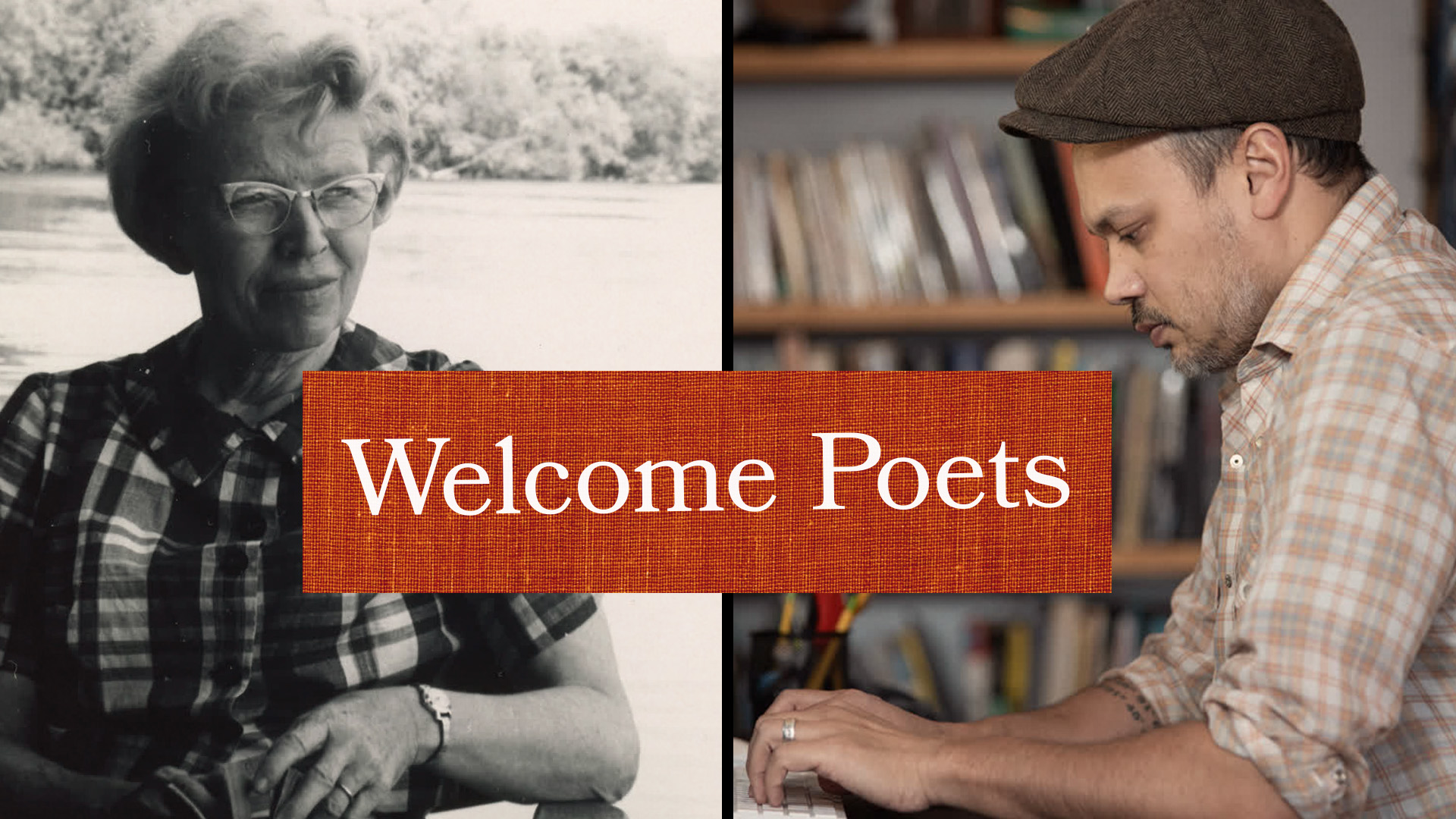
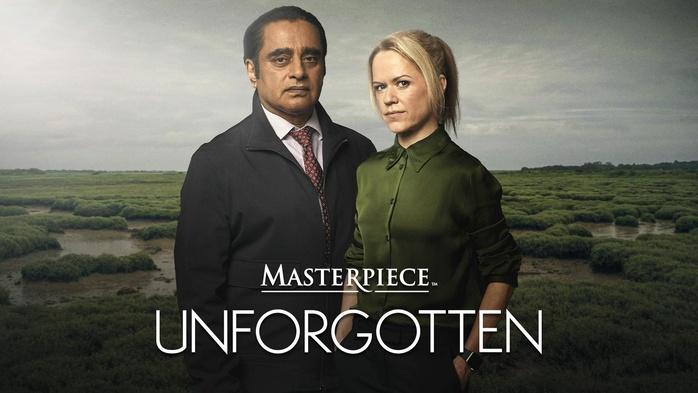

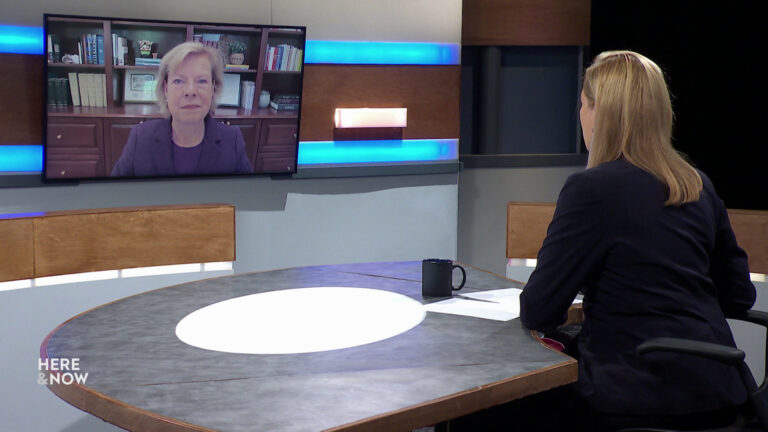
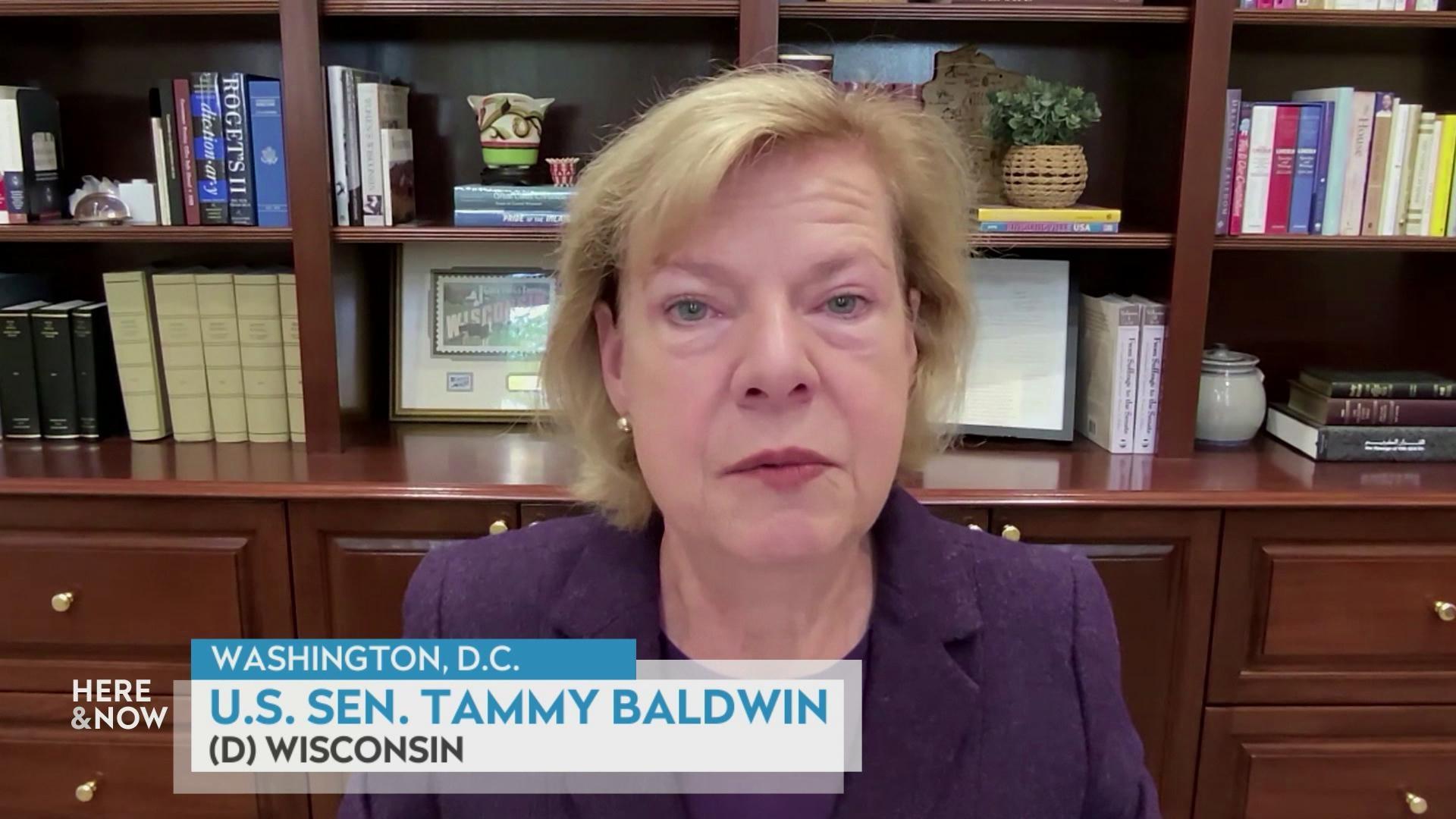
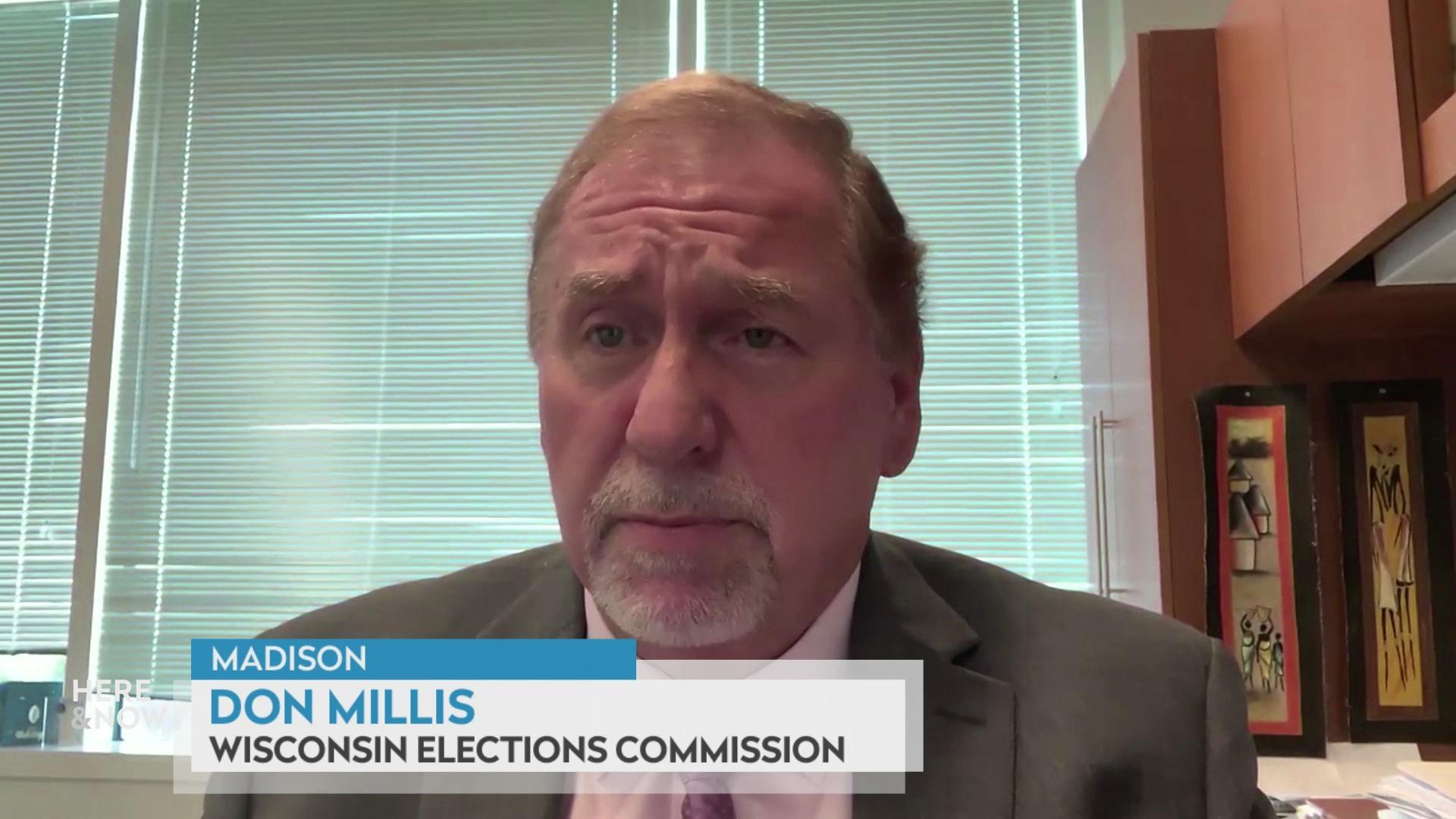
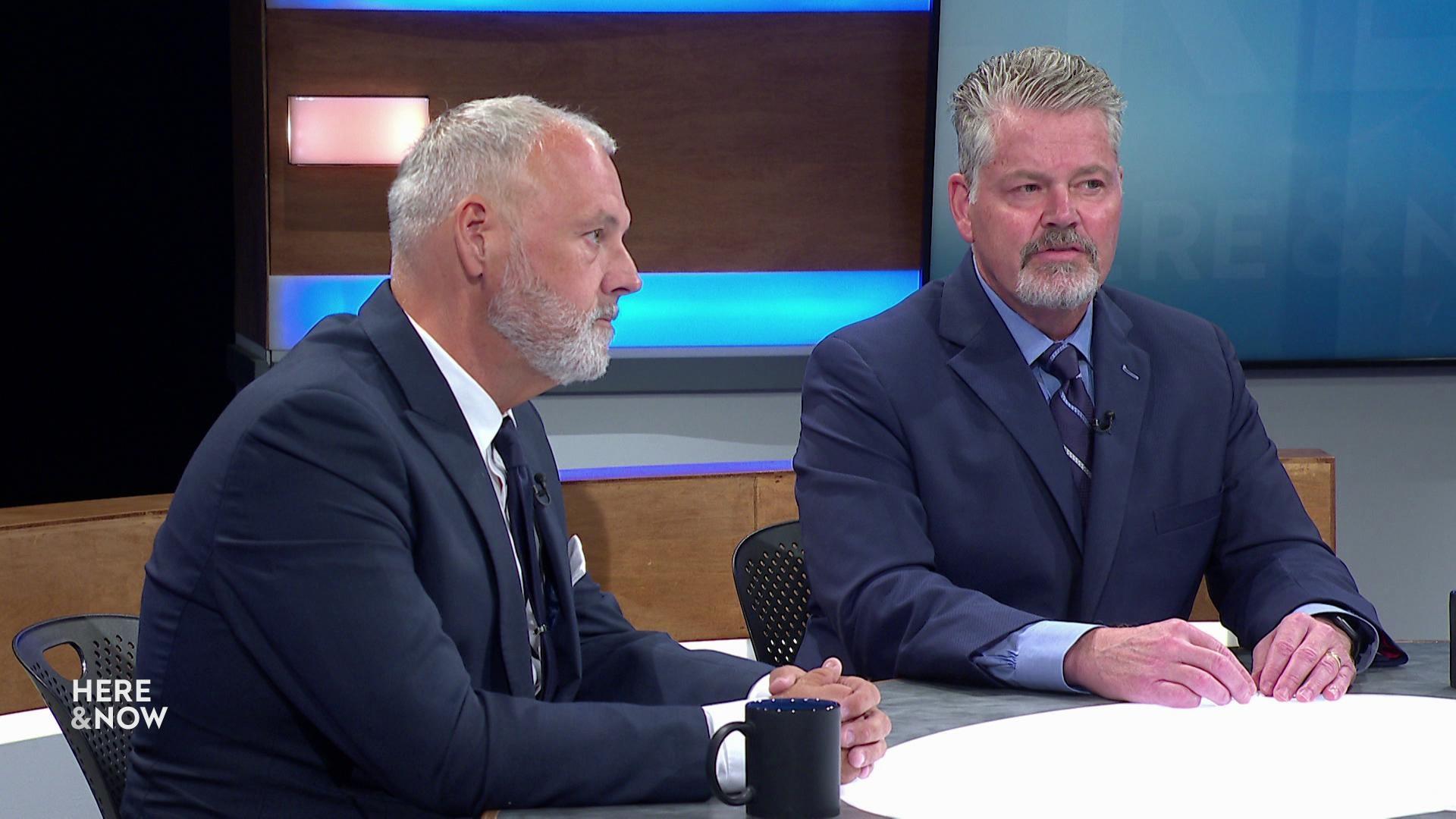
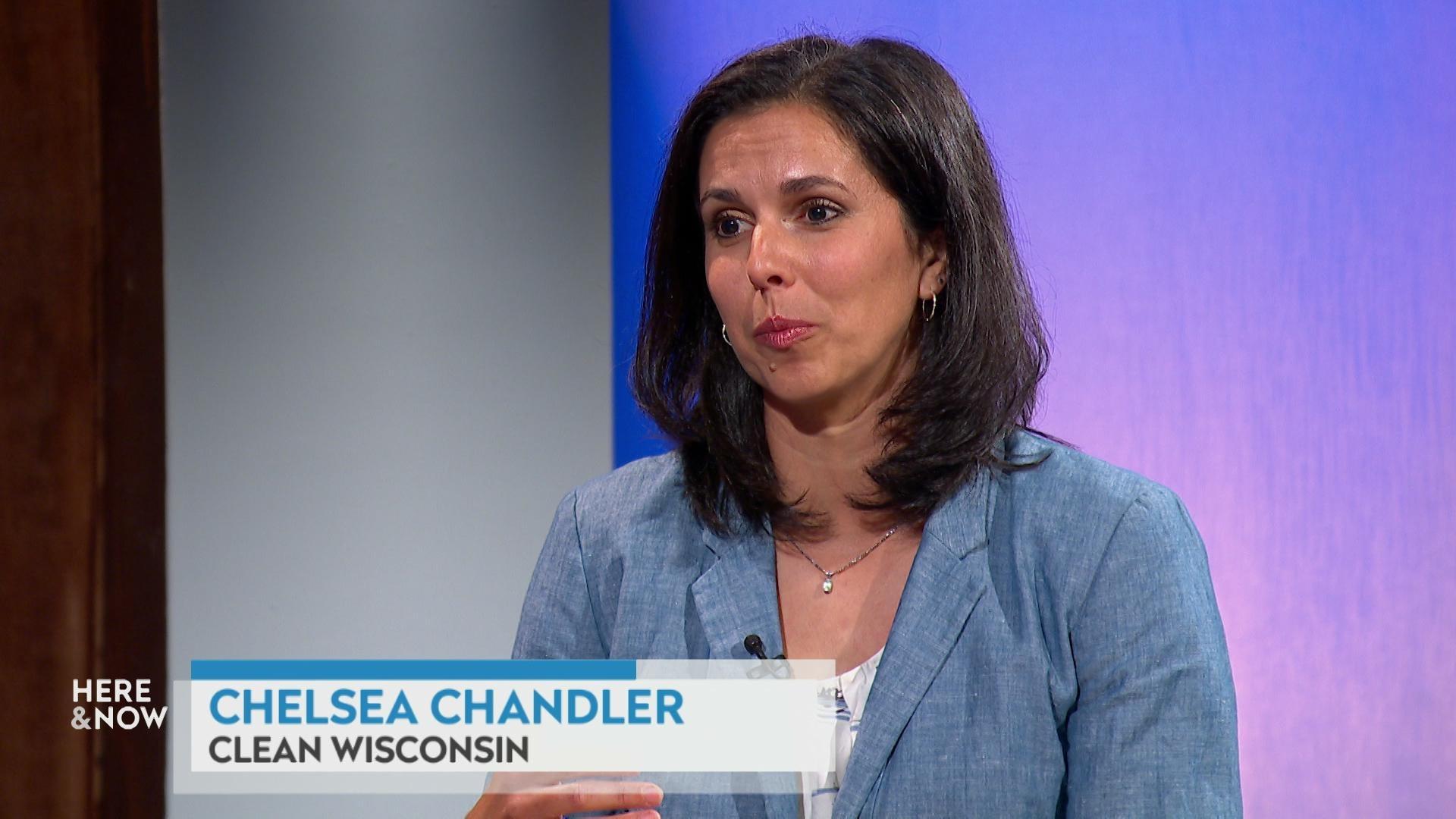

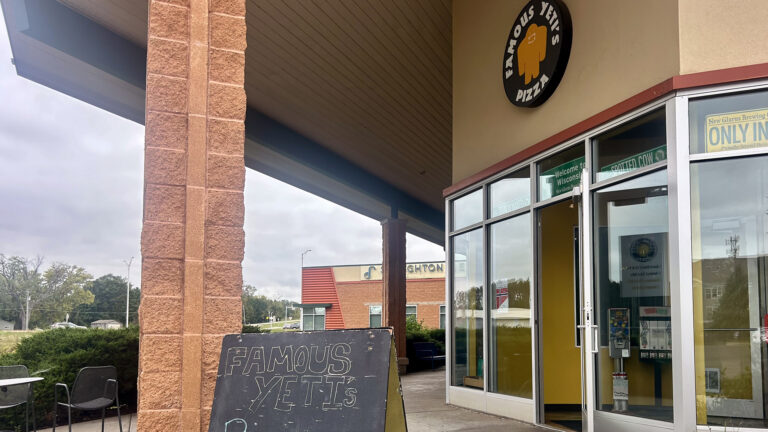

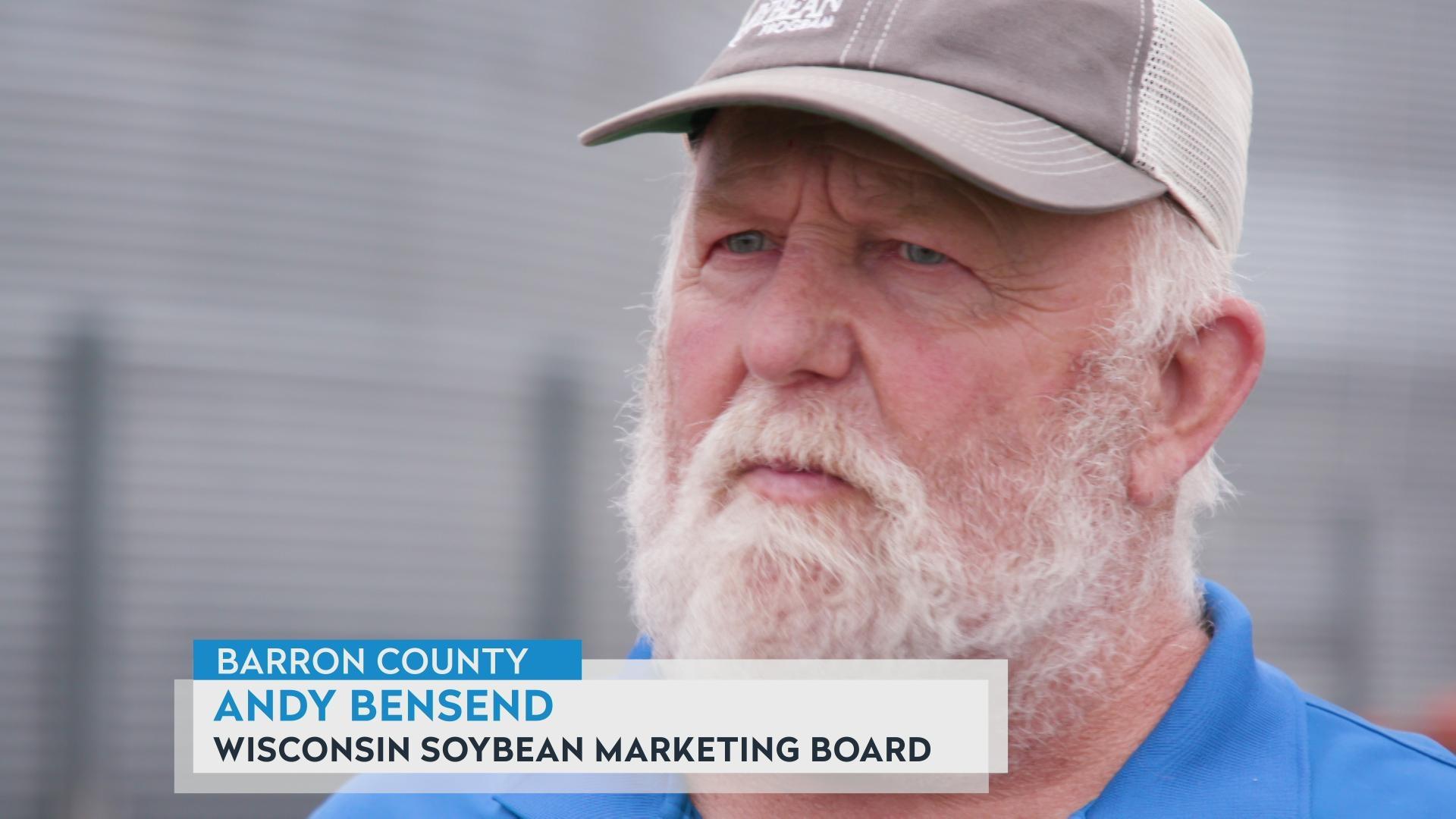

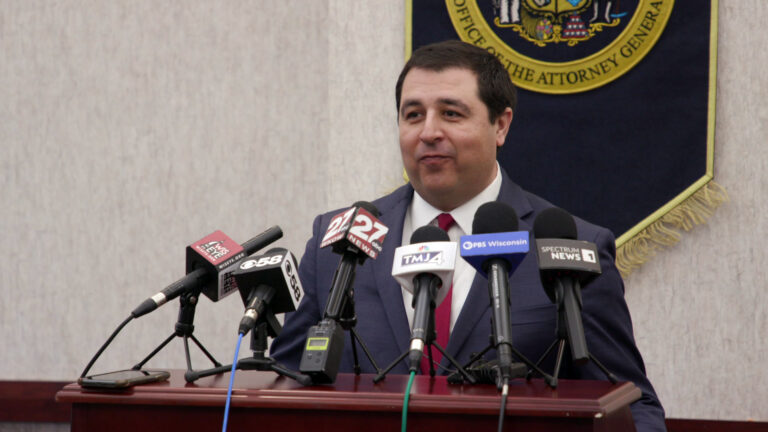
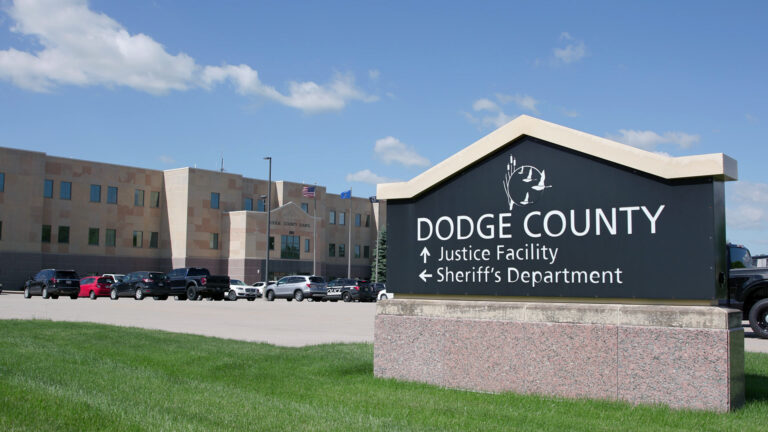

Follow Us